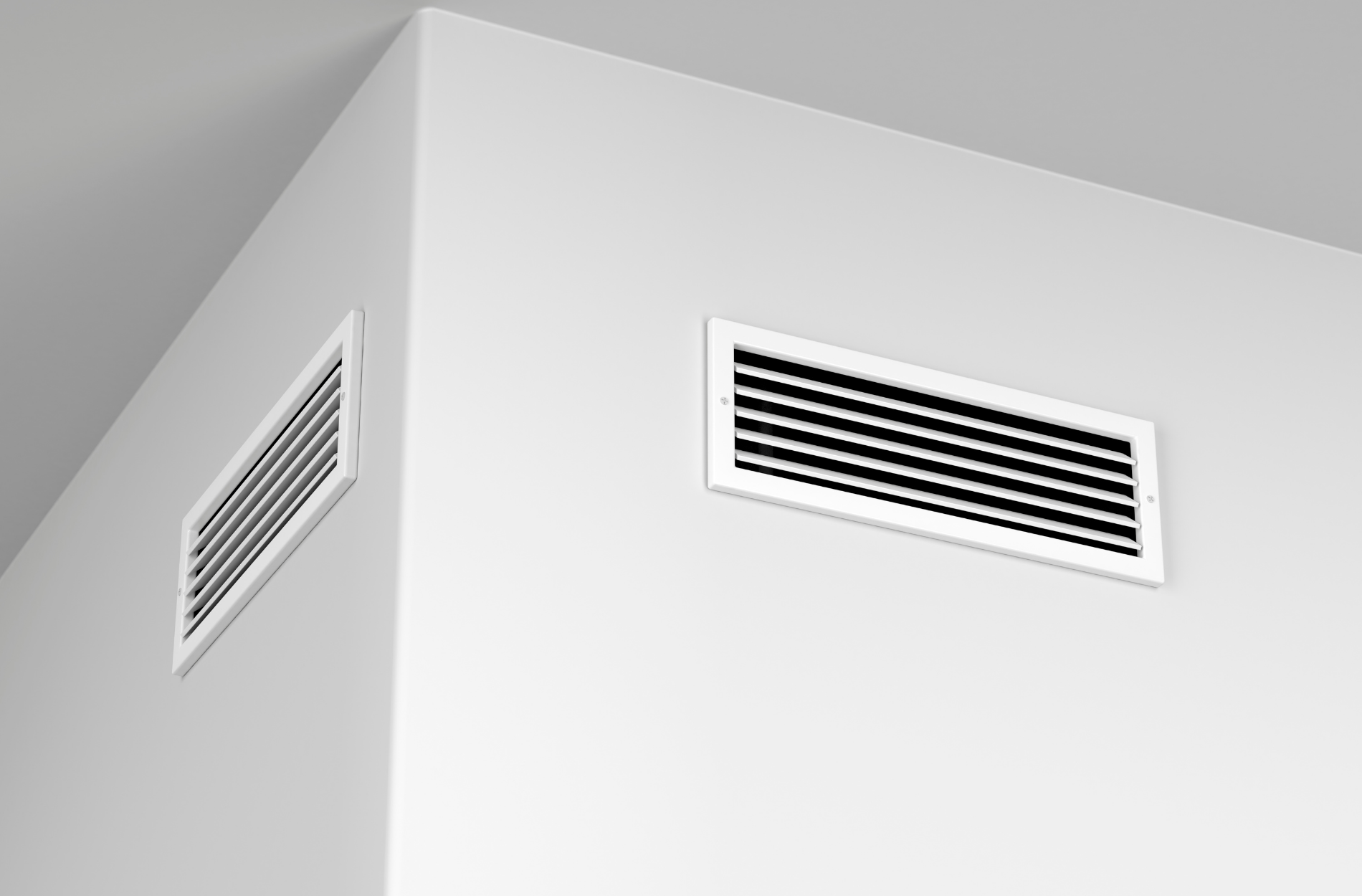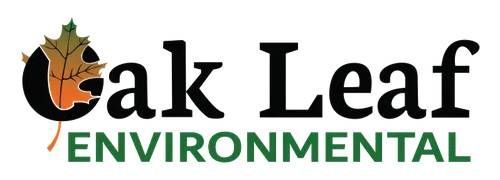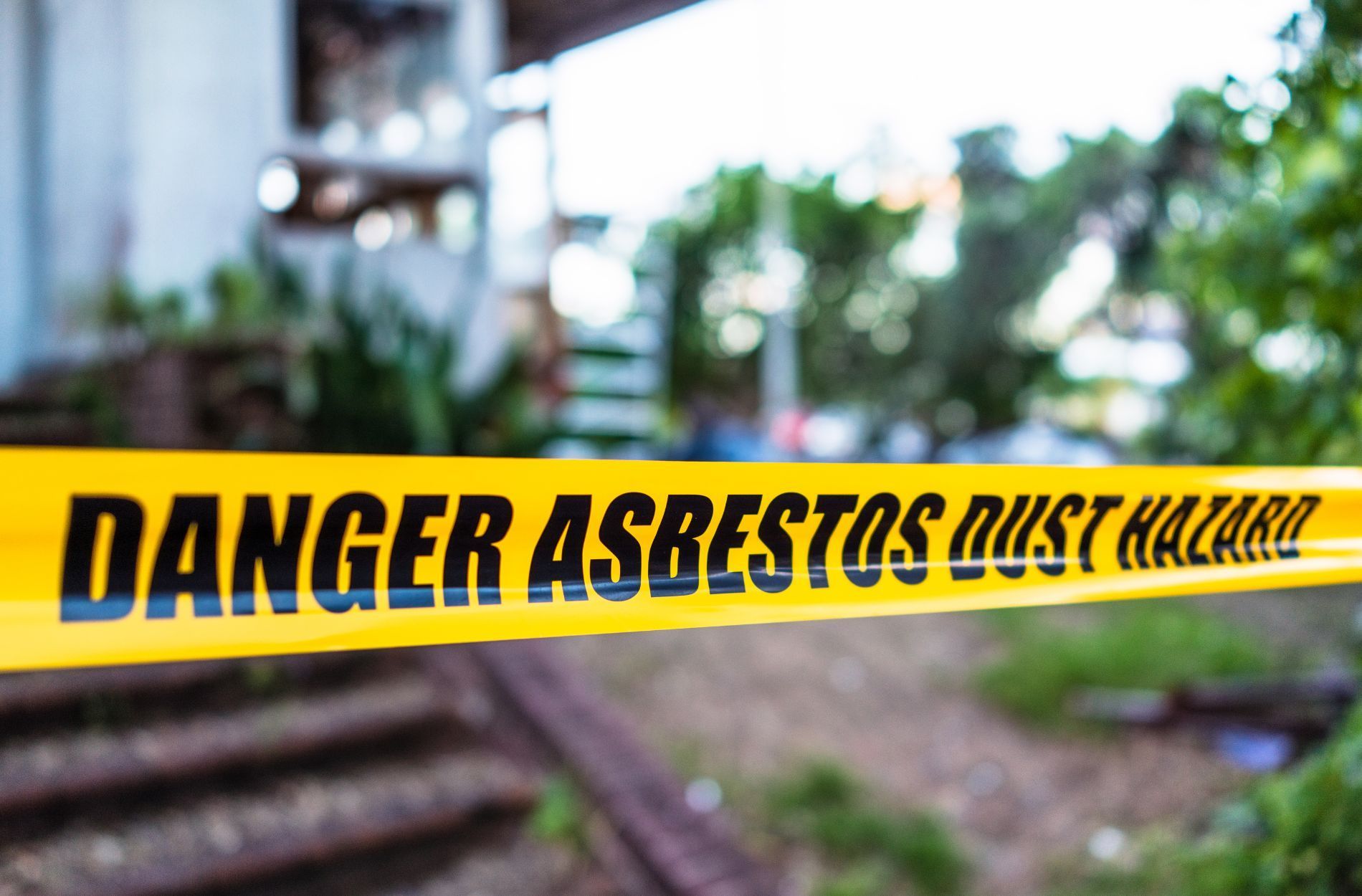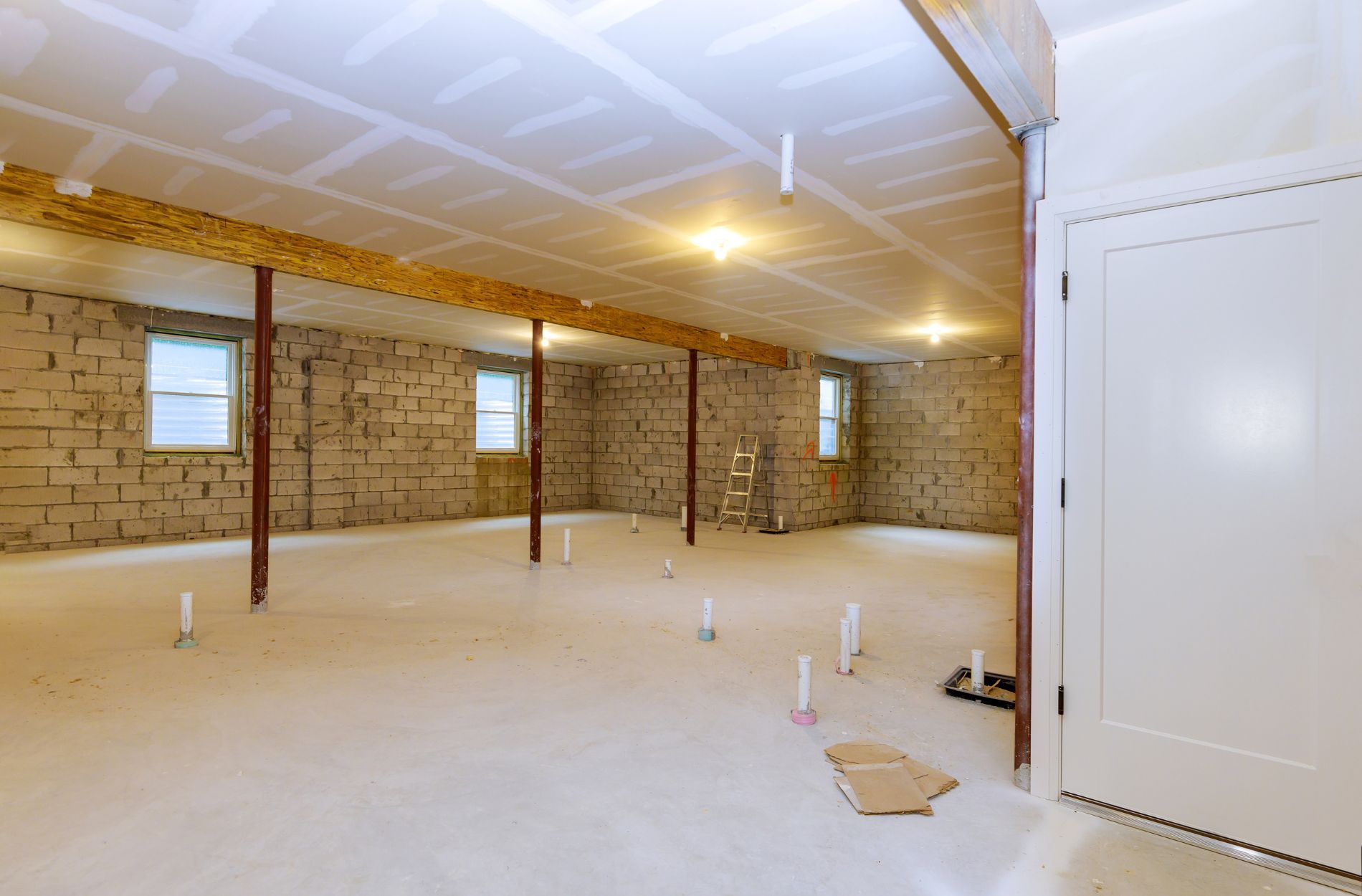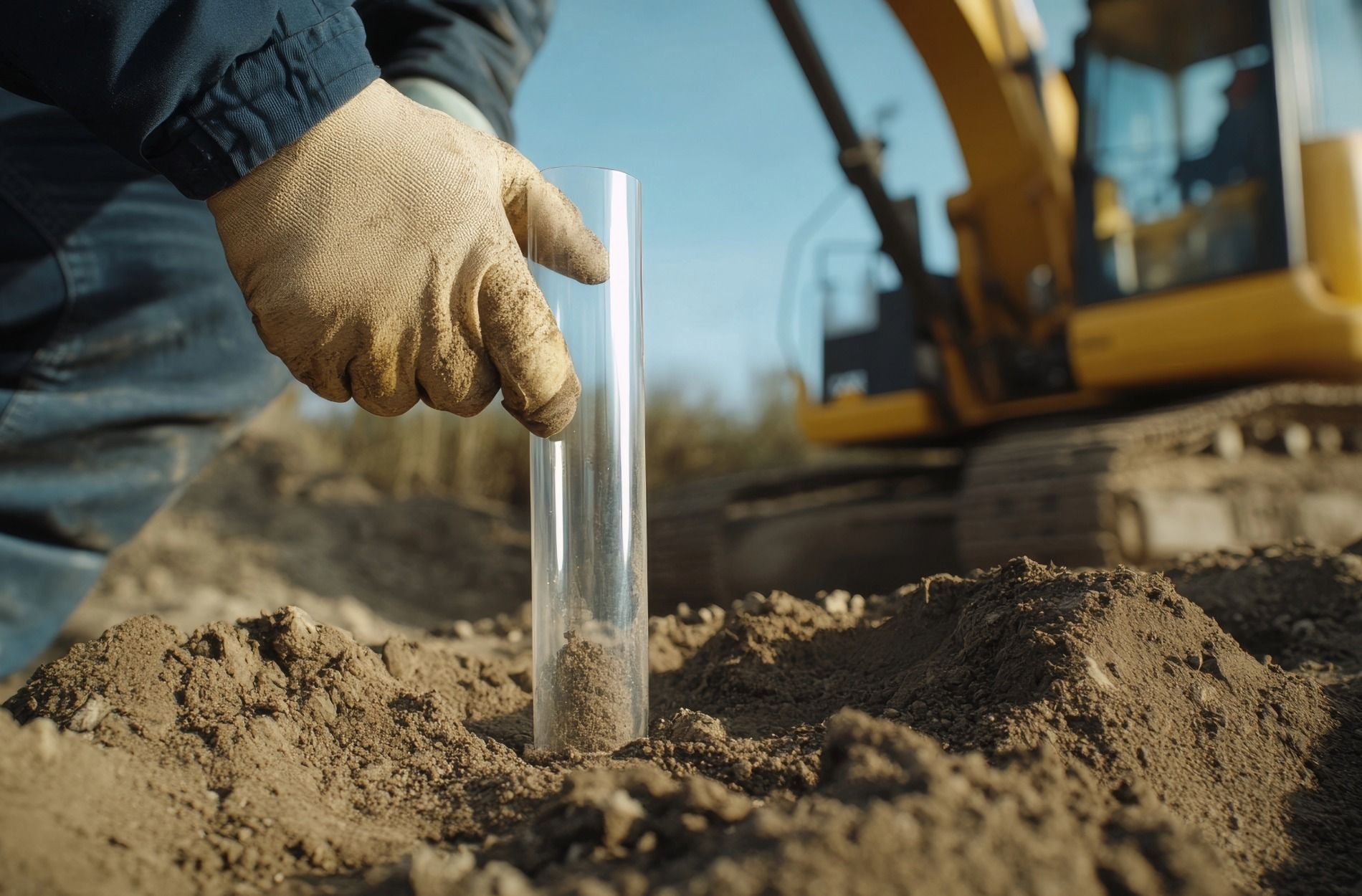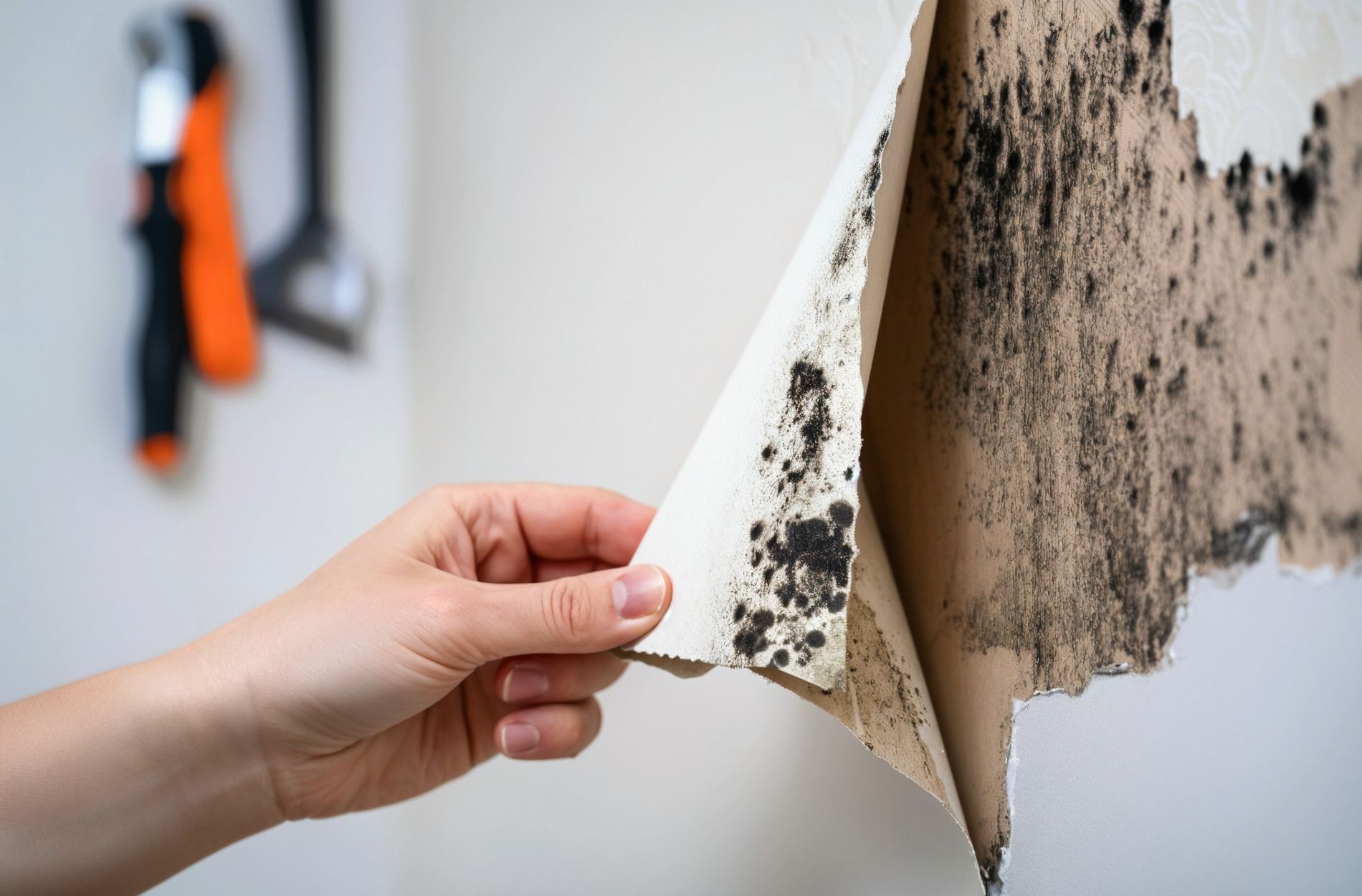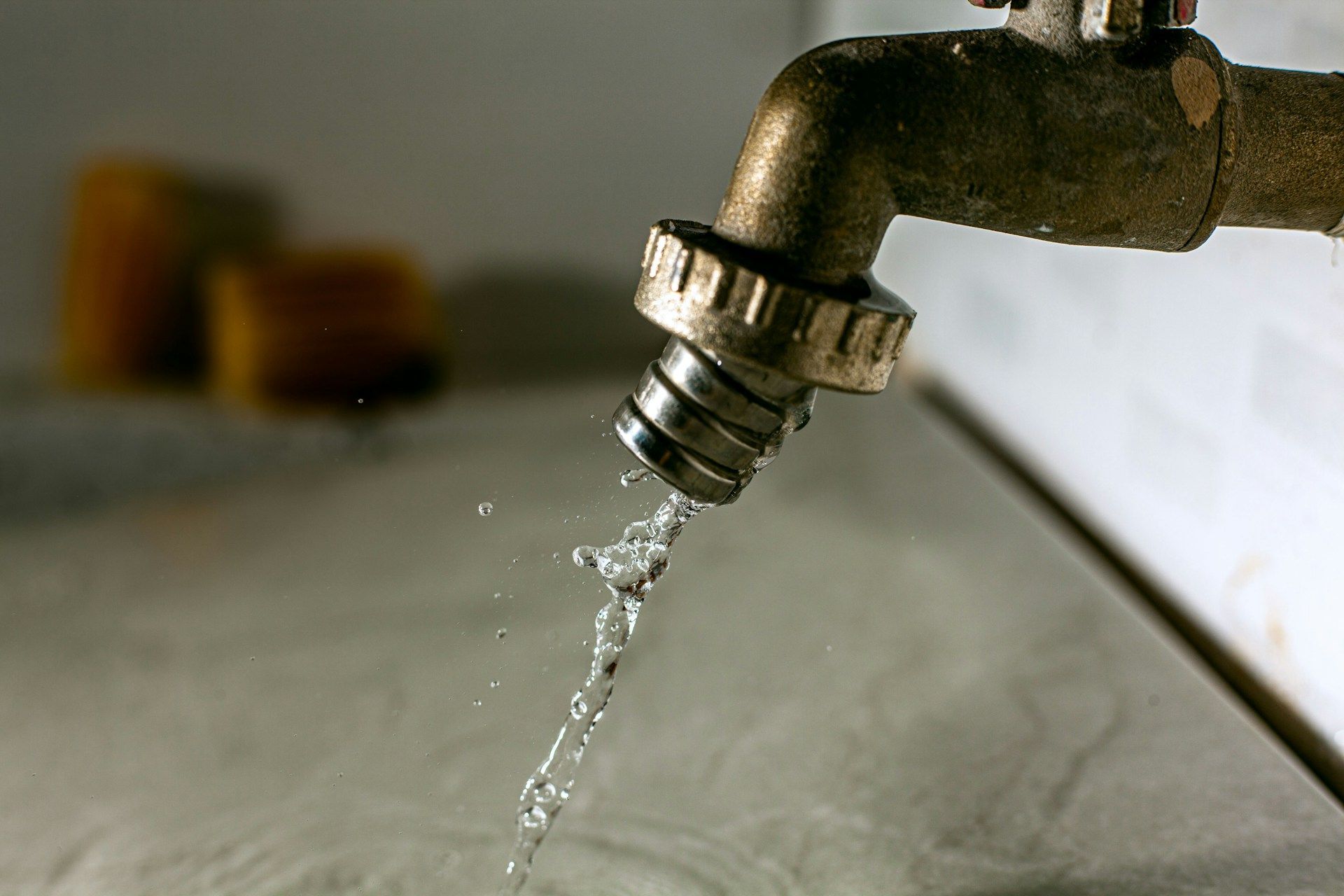Growing A Safe Garden: Professional Soil Analysis Guide
Starting a home garden can be one of the most rewarding ways to enjoy your outdoor space. Whether you're planting vegetables, herbs, or flowers, it feels good to watch something grow from the ground up. But plants are only as healthy as the soil they grow in. If your soil is out of balance or contaminated, it could affect your harvest and even pose risks to your health.
Safe gardening starts with what’s beneath your feet. A clean, balanced patch of soil helps plants grow strong and makes your yard feel more alive. Professional soil analysis gives you a full picture of what’s going on underground so you know what to fix and how to create the best growing conditions. It’s a simple step that can save time, money, and guesswork.
Why Soil Testing Matters For Garden Health
Healthy soil does more than hold plants in place. It stores water, gives roots room to spread, and supplies nutrients. Think of it like a pantry for your plants. If your pantry is missing key ingredients, whatever you cook will fall short. The same goes for your garden. If the soil lacks nutrients or has unsafe chemicals, your plants will struggle to grow and produce.
Poor soil can come from many things, like too much clay or sand, leftover chemicals from old lawn treatments, or high levels of acidity. These problems often go unnoticed until plants start showing signs like yellow leaves, slow growth, or patchy spots. By then, it’s already affecting your garden.
Soil testing can catch these issues early. Here are a few common problems that testing can help identify:
- Imbalanced pH levels, which make it harder for plants to take up nutrients
- Too much or too little nitrogen, phosphorus, or potassium
- Contaminants like lead or other harmful substances, especially in older yards
- Compaction or drainage problems causing water to pool or run off
Once you understand what's in your soil, you're able to take the right steps to fix it. That removes the guesswork and leads to better harvests and healthier plants year after year.
What To Expect From A Professional Soil Analysis
Getting your soil tested professionally is simple, but knowing what the process involves helps set clear expectations. It usually starts with collecting small samples from different parts of your garden. These samples are sent to a certified lab, where a range of tests are run to break down exactly what's in the ground.
Most professional tests look at things like:
- pH balance to determine if your soil is too acidic or too alkaline
- Nutrients like nitrogen, phosphorus, and potassium, which are necessary for plant growth
- Levels of organic matter and soil texture
- Presence of heavy metals or other contaminants
These results are then translated into a report that's easy to understand. It not only tells you what’s in your soil but also recommends exactly what adjustments you should make. Maybe your garden needs lime to fix a low pH, or compost to add organic matter. Sometimes, results show it’s best to avoid growing any edibles at all in certain spots due to contamination, keeping your family safe from harm.
Working with professionals brings in experts who know how to spot serious issues and give reliable advice. That way, you're not just planting and hoping for the best. You're working with solid information from the start.
How To Prepare Your Garden For Soil Testing
Before experts can run the tests, the first step starts with you. Prepping your garden for a soil test is simple, but doing it right helps make sure the results are accurate. If the test results don’t reflect your actual soil conditions, you might end up with the wrong advice. So it’s worth taking a little time to collect the samples properly.
The best time to test your soil is before you start planting. Late summer through early fall is ideal. You’ll have time to make changes and let any added materials, like lime or compost, mix into the soil before planting next season. That gives your garden a fresh start. If you’re already mid-season, testing is still helpful. It can guide your adjustments even if you’ve already planted.
To get your soil ready:
1. Choose several spots in your garden to sample. Pick areas where you grow different things, like one zone with veggies and another with flowers.
2. Use a clean shovel or soil probe to dig down about 6 inches into the soil.
3. Take small samples from each spot and mix them together in a clean bucket. Avoid grabbing grass, roots, or rocks.
4. Spread the mixed soil on a newspaper indoors and let it air dry for a day.
5. Place about a cup of the dried soil into a clean, sealed plastic or paper bag, clearly marked with your name, date, and sample location.
Skip areas with obvious problems, like near compost bins, along roadsides, or near driveways. These can throw off your results.
Once your sample is ready, it’s time to send it out and let the pros do the analyzing. A good soil test gives valuable answers your plants can grow on.
Choosing The Right Soil Test Company
Not all testing services are the same. When you’re putting the health of your garden and possibly your family on the line, teaming up with the right company matters. It’s easy to search for a soil test company and get a bunch of results without knowing which ones are reliable.
Here’s what to look for:
- Certification. Make sure the company uses certified methods and trained professionals who understand the work.
- Clear reporting. The results should be easy to read and explain any concerns in simple terms.
- Quick turnaround. You don’t want to wait too long, especially if planting season is close.
- Experience with home gardens. Pick a company that works with both residential and commercial properties, not just large farms.
- Services beyond testing. A good company won't just send numbers your way. They’ll help you understand them and offer next steps.
Choosing the right team means you can trust the results. It puts you in a stronger position to solve problems and build a garden that grows well and stays safe.
Nurturing A Healthy Garden Post-Analysis
Having the results in your hands is just the start. What comes next is adjusting your soil based on the recommendations. That might mean adding nutrients, improving drainage, or avoiding toxic zones.
Some common post-testing steps include:
- Adding lime or sulfur to adjust pH levels
- Mixing in compost or organic matter to boost nutrients
- Limiting planting in areas with high toxin levels
- Switching plant types or locations based on what grows best there
Keeping your soil healthy is an ongoing effort. Try rotating your crops to avoid draining the same nutrients every year. Cover garden beds with mulch to trap moisture and protect against erosion. Avoid stepping on garden beds so you don’t compact the soil, making it harder for roots to breathe.
For example, if your test shows low nitrogen and high phosphorus, skipping a balanced fertilizer is smart. You don’t want to overload the soil and risk runoff into nearby water. Instead, follow that tailored advice closely so your garden gets what it truly needs.
By taking the right actions after a test, you're giving your garden a strong base for continued growth and lasting success.
Growing A Thriving Garden With Professional Guidance
Gardening is more than watering plants and waiting. It starts with making sure the ground they grow in has what they need. That’s why testing your soil first makes a difference.
When the soil is balanced, everything else becomes easier. Plants grow faster. Blooms are brighter. Food tastes fresher. Soil testing takes away the guesswork and gives you a solid plan for better results.
If you’re dealing with patchy spots, droopy plants, or underwhelming harvests, there’s a better way forward. A professional soil test gives your garden its best chance by revealing exactly what your soil is missing. When you take the time to understand your soil, your investment pays off in fresh, healthy results.
Get started now with expert guidance and reliable support that helps your garden grow strong from the ground up.
Contact Oak Leaf Environmental for Expert Soil Testing
Oak Leaf Environmental offers professional soil testing services for individuals who want to grow a healthier, more successful garden. Whether you're dealing with low plant yields, poor growth, or just want to ensure your outdoor space is safe and productive, our certified experts provide detailed soil analysis and personalized recommendations. We’re here to help you understand your garden's unique soil makeup so you can take the right steps with confidence.
If you're aiming to improve your garden's health and productivity, consider working with
a soil test company to get detailed insights into your soil's needs. Oak Leaf Environmental offers expert soil testing services to help transform your outdoor spaces into thriving paradises. Knowing exactly what your soil requires sets you up for success, allowing for lush, vibrant growth across your garden.
